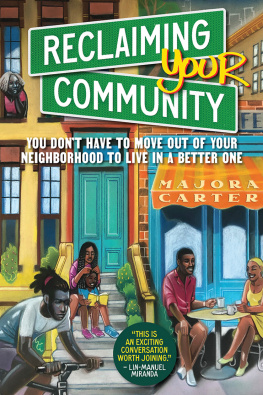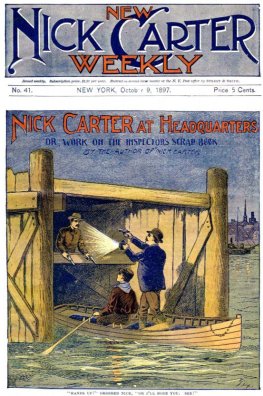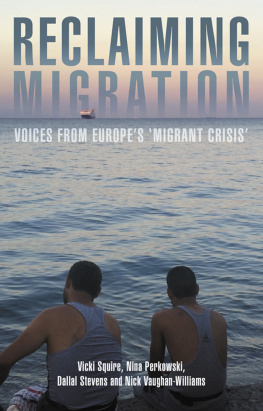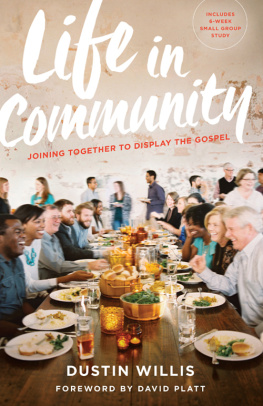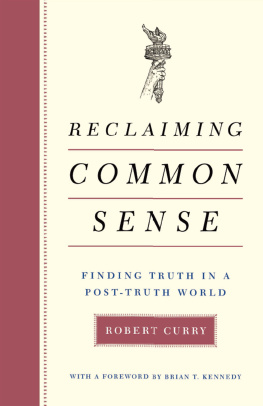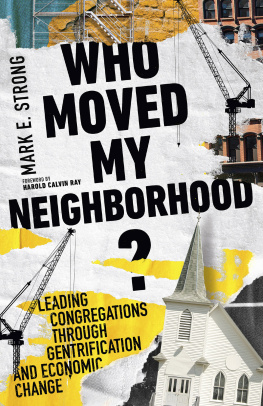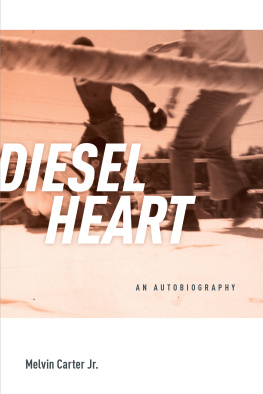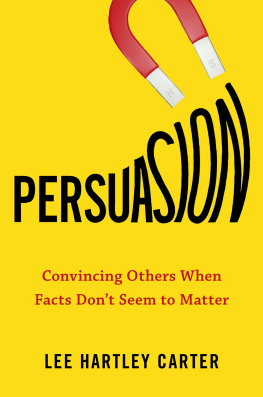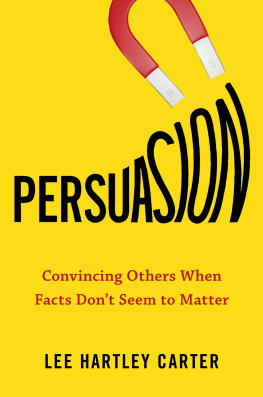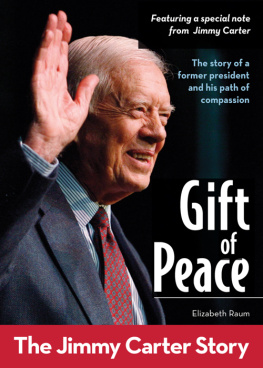

Reclaiming Your Community
Copyright 2022 by Majora Carter
All rights reserved. No part of this publication may be reproduced, distributed, or transmitted in any form or by any means, including photocopying, recording, or other electronic or mechanical methods, without the prior written permission of the publisher, except in the case of brief quotations embodied in critical reviews and certain other noncommercial uses permitted by copyright law. For permission requests, write to the publisher, addressed Attention: Permissions Coordinator, at the address below.
| Berrett-Koehler Publishers, Inc.
1333 Broadway, Suite 1000
Oakland, CA 94612-1921
Tel: (510) 817-2277, Fax: (510) 817-2278
www.bkconnection.com |
Ordering information for print editions
Quantity sales. Special discounts are available on quantity purchases by corporations, associations, and others. For details, contact the Special Sales Department at the Berrett-Koehler address above.
Individual sales. Berrett-Koehler publications are available through most bookstores. They can also be ordered directly from Berrett-Koehler: Tel: (800) 929-2929; Fax: (802) 864-7626; www.bkconnection.com
Orders for college textbook/course adoption use. Please contact Berrett-Koehler: Tel: (800) 929-2929; Fax: (802) 864-7626.
Distributed to the U.S. trade and internationally by Penguin Random House Publisher Services.
Berrett-Koehler and the BK logo are registered trademarks of Berrett-Koehler Publishers, Inc.
First Edition
Paperback print edition ISBN 978-1-5230-0029-6
PDF e-book ISBN 978-1-5230-0030-2
IDPF e-book ISBN 978-1-5230-0031-9
Digital audio ISBN 978-1-5230-0032-6
2021-1
Book producer: PeopleSpeak
Text designer: Reider Books
Cover designer: Mike Nicholls
Cover art designer: Rush Humphrey
Author photo: Glass_from_the_past_\Roy Kimbrough
For my ancestors.
I will get caught trying because you did it first.
CONTENTS
PREFACE
R eclaiming our communities may sound like some utopian vision.
Others may hear a threatening war cry.
To me, it should be the standard operating procedure to promote peace and happiness in every community.
I consider pray and hope action verbs. Reclaiming our communities is my prayer and hope that all people in neighborhoods like the one I grew up in see the Divine in ourselves and the places we come from. Thats not always an easy thing to do.
White supremacy, the media, public and private policies, and even local traditions and attitudes often lead us to believe that neither we nor our communities are worthy of consideration or respect. Despite all that, this book is an attempt to share my story of why I believe that the reclamation of those types of American communities, the very ones that have been written off as intractable problems that can never be solved, will advance human potential, save money, and soothe our own souls as well.
A major character in this book is my hometown, the South Bronx itself, and it bears the scars and spirits of ancestors and offenses gone but not forgotten.
I would like to pay my respects and acknowledge that the land where I grew up and still live, now called Hunts Point, in the South Bronx in New York City was occupied by the Siwanoy people until Europeans invaded.
I would also like to acknowledge the descendants of Africans who were enslaved to toil for the White families on the pastoral estates that once dotted this landscape hundreds of years ago. They were blotted out of history until a group of schoolchildren from my alma mater, PS 48, discovered their remains.
In its most recent history, where my life comes in, the South Bronx is a so-called inner city neighborhooda national symbol of urban blight. Ive spent the best parts of my adult life trying to rebuild the infrastructure in communities that sets up the conditions for love, peace, and belonging to flourish for others as well as myself. That is the ultimate goal of using the gifts that God gave me to help heal this crazy world in which we live.
My hope is that others will be ignited by a new way to think about and do community development. All have something to gainand contributeby considering this approach, whether they are community leaders, business leaders, government leaders, activists, educators, spiritual leaders, life coaches, counselors, startup and social entrepreneurs, real estate developers, economic development professionals, or any others who are yearning to structure a more equitable type of personal or professional relationship in community development.
James, my beautiful husband, groovy dance-skater, business partner, fellow conspirator in all the plans we makethe solid as well as the harebrainedand the best friend a girl could have (especially since he can cook so well), often tells me that I must be a little bit tortured because relaxing does not seem to be in my repertoire of activities I can do well, or at the very least like to do. I dont disagree.
My prayer and hope is that no one feels that they have to move out of their neighborhood to live in a better one. I do believe that encouraging that sentiment as a policy is a path forward for our society.
I work joyfully toward that goal daily in one way or another. And yes, I do pray and hope that others will use their own position, apply their own swagger, and follow suit.
And then, my inability to relax will not have been in vain. James and I can take a breather, and maybe hell teach me to roller skate as well as he can.
GLOSSARY OF TERMS I USE
H eres a glossary of terms that I use throughout the book and what I mean when I use them:
fan club: These are ones haters. To paraphrase Kat Williams, an irreverent, wise, and hilarious soul: If you only got fourteen haters, you better figure out how to get to sixteen before summer. Haters job is to hate, so let them do their job. They keep people talking about you and make you famous. But seriously, if you are doing anything truly disruptive, it will irritate people in ways that even they cant articulate.
low-status: I first heard the term low-status used by danah boyd on a panel at a Fast Company event on April 29, 2015, and in her book Its Complicated: The Social Lives of Networked Teens on how video games have influenced culture. I was intrigued about the breadth of that concept and thought about how that term had more depth than the way communities like my own in the South Bronx were usually described: poor, underserved, disadvantaged, or low-incomeall one dimensional and in my opinion, symptoms of an underlying condition of inequality.
I considered using the term frontline because people from those communities, like the canary in a coal mine, experience the first and the worst impacts of whatever is coming at them from climate change to income inequality. I decided against it because the imagery of people being attacked on the front line all the time is triggering to me, and it didnt necessarily indicate inequality either.

